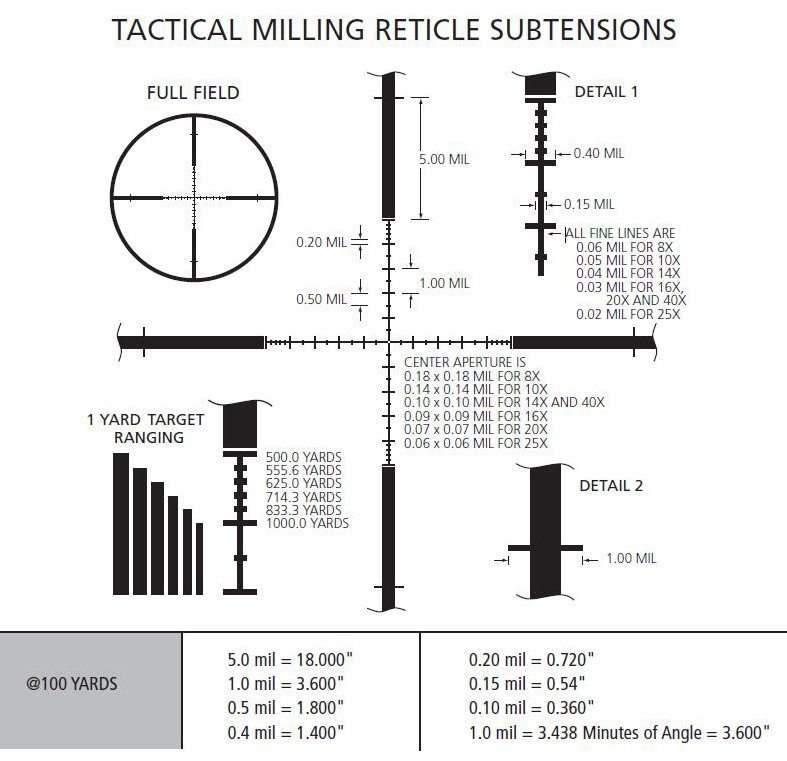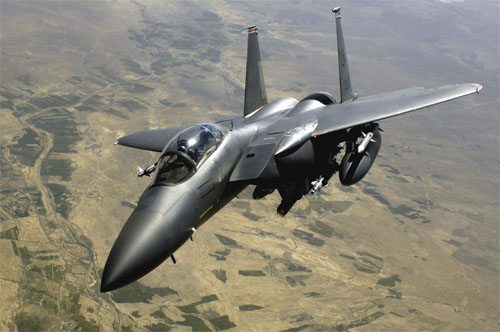United Press International, SEOUL: South Korean officials are playing down the significance of North Korea's missile test and signs of its imminent nuclear test, but they are much concerned that the series of moves would further raise nuclear tensions on the peninsula.
The say North Korea's launch of a missile on Sunday was a short-range weapon incapable of carrying a nuclear warhead and not related to Pyongyang's drive for atomic bombs.
Government officials also dismissed on Tuesday reports by a local daily that the North Korea was preparing to conduct an underground nuclear test in one of its northeastern towns.
But the missile test came at an especially worrisome time, with concerns that Pyongyang is moving forward with its nuclear weapons program as it has shut down a nuclear reactor, possibly to harvest more weapons-grade plutonium.
The new report that U.S. intelligence authorities detected signs that North Korea was preparing for an underground nuclear test also was the latest in a string of signs and analysts' predictions that the communist state is moving towards a nuclear test. South Korean officials believe the North's moves are tactics to raise the stakes in the nuclear standoff, hoping for a better deal from the United States. But the Bush administration has ignored the North Korean ploys and apparently used them to muster international support for tougher actions against the Kim Jong Il regime.
The Seoul government is especially concerned that Japan may use the fresh signs to impose sanctions on North Korea, which could worsen its already faltering economy.
Washington has reportedly warned Japan that North Korea might be ready to conduct an underground nuclear test as early as June. News reports have also said that the United States and Japan were considering a deadline of June — the one-year anniversary of the last round of talks — for North Korea to return to the multilateral talks.
Tokyo has already been empowered to impose trade sanctions on North Korea under the revised Foreign Exchange and Foreign Trade Law, which was passed in February and removed the restriction that the measure must be accompanied by a U.N. Security Council resolution.
Japan has another mechanism in place to pressure North Korea. Washington backed by Tokyo has launched the Proliferation Security Initiative (PSI), which allows for the seizure of missiles and other potential components of weapons of mass destruction shipped from North Korea or other countries of concern.
Tokyo was alerted on Sunday when North Korea test-fired a missile toward to the Japanese mainland. It was stunned in 1998 when North Korea launched a Taepodong-1 missile over Japan and into the Pacific Ocean.
Japanese Defense Agency Director General Yoshinori Ono played down Sunday's missile test as posing no danger to Japan, but criticized North Korea, saying: “Why would they have to conduct such a test when suspicions over nuclear and missile development have been cast over them?”
Some Japanese diplomats consider the North's missile test as a warning that it could launch longer missiles if Japan imposes a maritime blockade against the isolated communist neighbor.
South Korean officials quickly played down the missile test, saying it involved a short-range weapon unable to reach as far as Japan and with no link to Pyongyang's nuclear programs.
“The missile that North Korea fired is a short-range missile, and is far from the one that can carry a nuclear weapon,” Deputy Foreign Minister Song Min-soon told Seoul's official Yonhap News Agency. “This is not a case to be linked to the nuclear dispute,” he said.
Other officials said the missile is presumed to be a surface-to-ship guided missile with a range of up to 160 kilometers, but it flew 120 kilometers on Sunday's test, which came at the end of a routine military exercise.
The Defense Ministry, which refused to confirm the North's missile test even after the White House confirmed it, quickly held a news briefing on Tuesday in which it dismissed a new report that North Korea is preparing to conduct an underground nuclear test in one of its northeastern towns.
Earlier that day, South Korea's largest daily Chosun Ilbo, said the United States has detected signs that North Korea may be planning to conduct a nuclear test in Kiljoo in North Hamkyong Province, near the east coast facing Japan.
Chosun Ilbo citied a government source as saying that a U.S. reconnaissance satellite has taken pictures of the movement of trucks, cranes and other equipment in a Kiljoo location and that U.S. authorities gave its satellite pictures and an analysis of the images to South Korea.
But Seoul's Defense Ministry denied it was given U.S. satellite pictures. “We have received no such intelligence from the United States, nor seen any signs of such activity in the area,” said the ministry spokesman Shin Hyun-don.
South Korea and the United States have been closely watching the area around Kiljoo after detecting signs that massive excavation works have been under way to build a tunnel there since the late 1990s, he said. “Anything unusual concerning a nuclear test has not been detected in Kiljoo,” Shin said.
Defense Minister Yoon Kwang-ung also told journalists that the military “has not yet seen any signs” of a nuclear test in the North. The ministry, however, said it did not know the purpose of the tunnel in Kilju.
Some analysts said the truck and other equipment movement at the suspected nuclear site are aimed at drawing U.S. attentions by heightening the stakes in the nuclear impasse. “North Koreans know well such movements would be easily detected by U.S. satellites. Their purpose is to seek to attract U.S. attention for a big deal,” said a defense analyst who requesting anonymity.
“The U.S. side knows Pyongyang's tactics as well, and that's why Washington has dismissed North Korea's act of brinkmanship,” said Kim Jae-chon, a professor at Seoul's Sogang University. “As North Korea raises the stakes in the nuclear standoff, it becomes easier for the United States to win international support for punitive actions,” he said.









